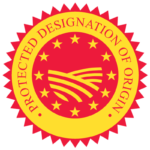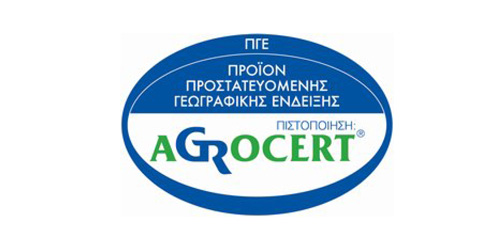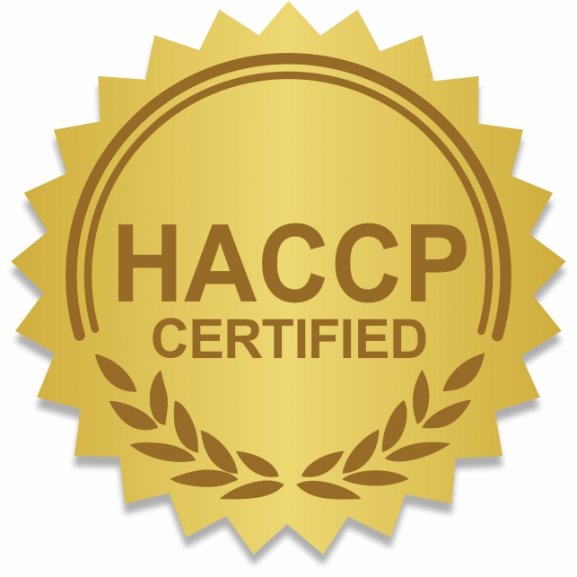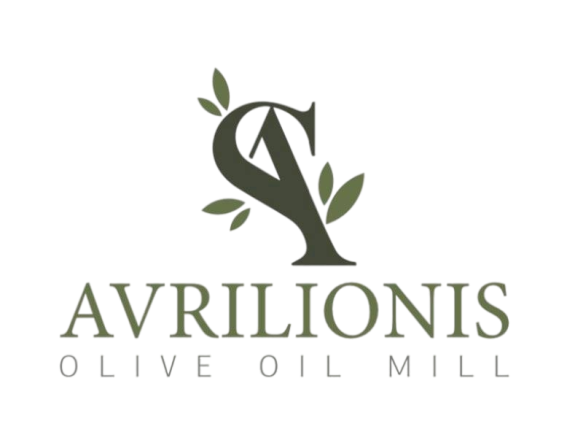Shopping Bag
No products in the cart.
The fruit is inspected for any potential defects. It is categorized based on its ripeness and quality. The temperature of the incoming fruit to the production unit is checked and adjusted accordingly, as well as the temperature, time, and process of the treatment. The final product is examined both chemically and organoleptically, categorized, and stored in the corresponding tanks depending on the quality of the produced olive oil.
Chemical / Organoleptic Controls

As a Protected Designation of Origin (PDO), it refers to the name of a region used to describe an agricultural product produced in that area, where its quality or characteristics are mainly or exclusively attributed to the geographical environment.

It certifies the production, packaging, and trade of organic extra virgin olive oil.

With the recognition of a product as a product of Protected Designation of Origin (PDO) or Protected Geographical Indication (PGI), the business is certified for the production and/or packaging and/or distribution with a private label of the aforementioned PDO or PGI product.

It certifies the maintenance of high hygiene standards during the production and packaging process of the products.

The GS1 company prefixes and UPC codes allow for the coding and labeling of products and locations at an international level, and are respectively registered in the global GS1 barcode registry.

It certifies the operation according to the ISO 22000:2005 standard of the International Organization for Standardization.
In our proprietary facilities, we have storage space with a total capacity of over 1,200 tons of olive oil, housed in 24 specially designed underground tanks made of stainless steel.
